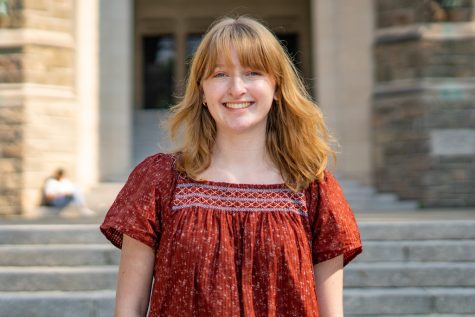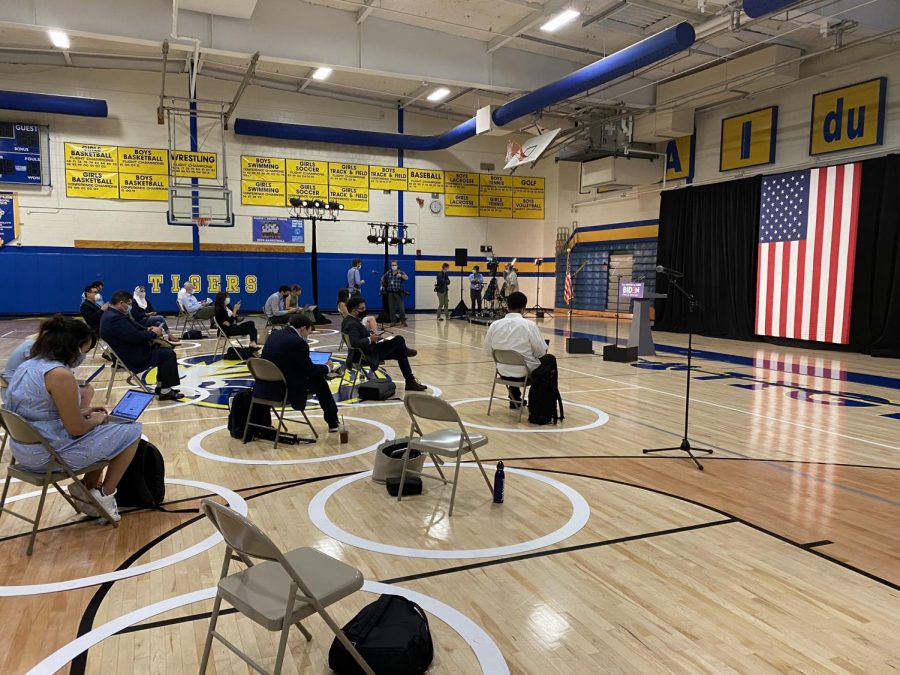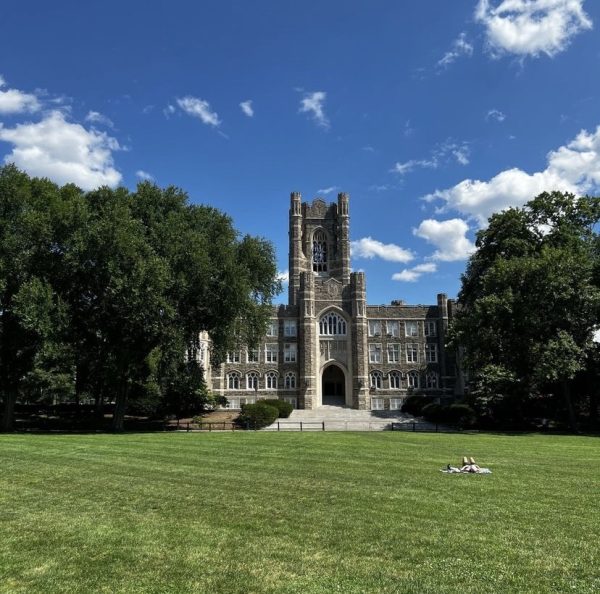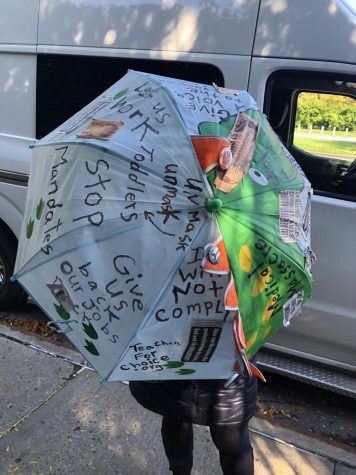Political Campaigns Must Innovate in a New Landscape
Election season is upon us. It’s an exciting yet rather tumultuous time. While our democracy is one of America’s oldest and most valued components, it’s not entirely predictable this year. COVID-19 has upset nearly every system the American people have, and politics is surely no exception. Political campaigning has required a complete revamp, with the pandemic restricting the face-to-face communication that has played such an integral role in voting for so many years.
Door-to-door campaigning is what probably pops into most people’s minds when they envision the classic American campaigner — someone bright-eyed and eager to shake hands with potential voters. This is not an option during a pandemic, since plenty of states don’t allow such practices. Even areas that would hypothetically encourage this sort of campaigning would prove unsuccessful, with so many citizens fearful of the virus. Think about it: Who is opening the door to strangers nowadays?
This is probably a relief to many. For those who feel the guilt of turning away candidates seeking donations or passionately urging homeowners to sign petitions, the lack of social interaction is one positive outcome. Realistically, though, our socio-political practices have been completely uprooted.
Political campaigning via phone has become more popular than ever. With more and more people moving away from landlines and relying solely on smartphones, phone calls are probably more effective now than ever. Why? People are home and painfully bored. When you’ve been trapped inside for months — especially if you’ve been limiting social interactions because of the pandemic — a phone call is a glorious reminder of the outside world.
Although phone calls are a clever solution, they certainly aren’t enough to replace all the face-to-face meetings and get togethers that political candidates are accustomed to. Physical interactions are necessary to gain trust from voters and display sincerity. This, of course, is where Zoom comes into play. Zoom seems to be the answer to everything. Unable to meet in-person for school? Zoom. For business meetings? Zoom. For family reunions? You get the point.
Zoom is a better alternative to phone calls because it is the closest we can get to in-person interactions without throwing on a hazmat suit and meeting potential candidates from the other side of a plexiglass window. Mike Vaska, a Seattle-based, Republican lawyer running for Washington state Attorney General, is one individual who has frequently utilized Zoom. As he said, “there’s no playbook” for how to run a campaign in this pandemic-fueled climate, and everything has been a game of trial and error. After a few lackluster in-person rallies, Vaska turned to Zoom, hosting “Monday supper” talks in his basement-turned-studio to attempt to connect with voters and get his message across. Zoom has provided a platform for modern-day fireside chats, reminiscent of President Roosevelt’s attempt to connect with people via radio in the ’30s and ’40s.
Nonetheless, Zoom meetings cannot perfectly replicate the in-person experiences these candidates crave: It presents new challenges, such as the infamous Zoom fatigue. Though many aspects of Zoom make the application seem more user-friendly, like the ability to broadcast from the comfort of your home (and maybe even the comfort of your pajamas), plenty of users have found Zoom meetings to be even more tiring than in-person meetings. This is because while Zoom meetings attempt to replicate traditional meetings, they cannot do so perfectly, and therefore are a completely new ritual that we must become accustomed to. As one article from Ted.com explains, rituals “provide comfort, put us at ease, and are essential in building and maintaining rapport.” While Zoom meetings are useful, they don’t provide us with the same sense of security that in-person meetings do. Political candidates may not feel as comfortable broadcasting from their computer as they would meeting with individuals in person. They can’t play off their audience’s verbal or physical cues as they would in person. Instead, candidates have to try even harder to convey a natural and welcoming disposition.
While politicians have done a good job of finding temporary solutions to the pandemic, COVID-19 has certainly derailed the campaigning process. Technology has provided temporary fixes, but phone calls and Zoom meetings cannot replicate the in-person cues that politicians so heavily rely on. Political campaigns are sure to take a hit this year as voters find it more difficult to connect with those running. Until things return to normal, it looks like politicians will struggle to create those same personal connections with their constituents.
Taylor Herzlich, FCRH ’23, is a journalism major from Mt. Sinai, N.Y.

Taylor Herzlich is a senior at Fordham College at Rose Hill. She is majoring in journalism with a minor in English. Taylor started writing for the Ram...













































































































































































































